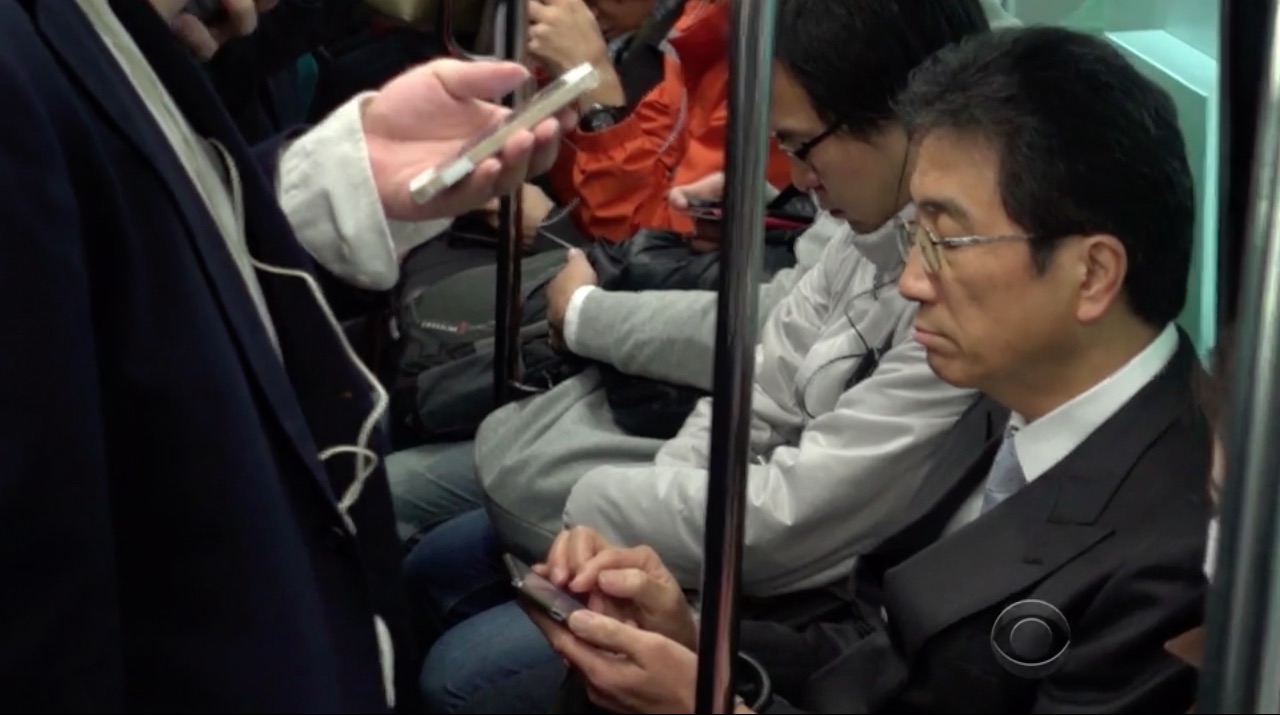The Japanese government wants to raise the number of fathers taking paternity leave from 2016’s 3 percent to 13 percent by 2020, but two recent court cases show how hard it can be for some fathers to take their legally mandated paternity leave — especially if difficult pregnancies complicate the situation before the child is born.
今年4月から適用がスタートする「無期転換ルール」。契約が反復更新され、通算5年を超えた場合、労働者は希望すれば、有期雇用から期間の定めのない労働契約(無期雇用)に転換できるというものだ(労働契約法)。
Years after losing his son, Itsuo Sekigawa is still in shock, grief-stricken and angry. Straight out of college in 2009, his son Satoshi proudly joined a prestigious manufacturer, but within a year he was dead. Investigators said working extreme hours drove him to take his own life. The young engineer fell victim to the Japanese phenomenon of "karoshi," or death from overwork.
Please come to Rengo Tokyo’s Work Rule Seminar in English: (Very close to JR […]
By Louis Carlet (Hifumi Okunuki is off this month): My colleague Gaetan and I recently presented […]
Many of our members are not Japanese and work at small or very small companies. Working […]
9:25 pm, January 14, 2016 Jiji Press TOKYO (Jiji Press) — The Health, Labor and Welfare […]
TV series have for decades now overused a broad range of formulaic plot devices. Let me […]
Saturday afternoon Tozen Union drove through an important milestone, 200 members with the approval of seven […]




